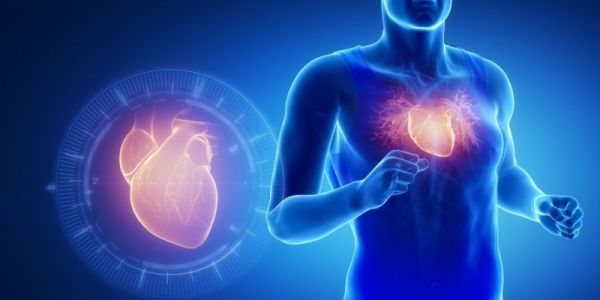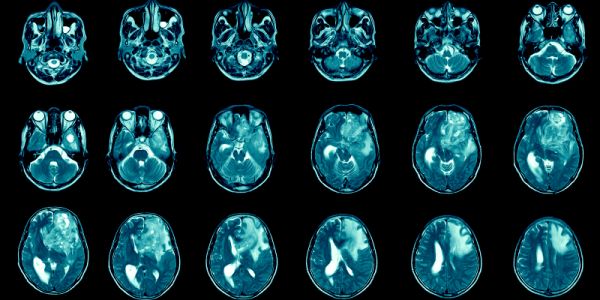
Building teenagers’ resilience to say 'No' to smoking
A training programme to help teenagers say “No” if they are offered a cigarette or asked to vape is being offered to schools under a licensing deal signed by the University.

A training programme to help teenagers say “No” if they are offered a cigarette or asked to vape is being offered to schools under a licensing deal signed by the University.

New research will monitor the heartbeats of more than 100 athletes over two years to measure how endurance exercise impacts their heart.

Researchers have found a concerning lack of robust data for non-white European women in previous studies examining the impact of diet on gestational diabetes.

A potential new approach to treating one of the most common and devastating forms of brain cancer in adults has been developed in a seven-year research project.

A different way of treating people with prostate cancer will be investigated by researchers at the University of Leeds in a new clinical trial funded by Yorkshire Cancer Research.

Scientists are locked in an arms race to understand the ever-changing structure of proteins, argues a Nobel Prize winning structural biologist.

Patients experiencing long COVID are receiving “inconsistent advice” on how to resume physical activities, according to a major study.

The number of people living with atrial fibrillation – a dangerous heart condition and major cause of stroke – has increased by 72% in England over the last two decades, according to new research.

A new way of using artificial intelligence to predict cancer from patient data without putting personal information at risk has been developed.

Increased levels of blood fats in people with type 2 diabetes and obesity are more harmful than previously thought, a new study has found.